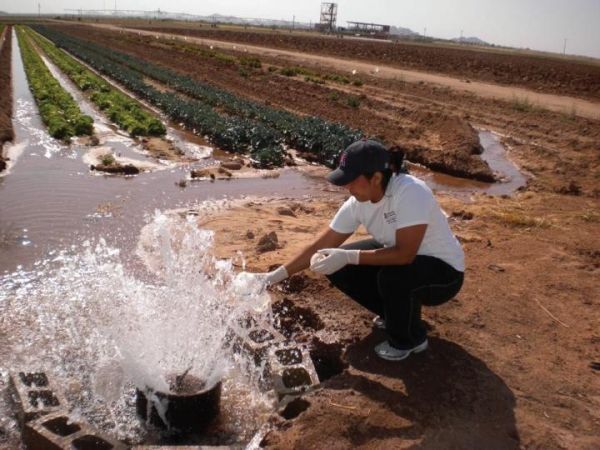Salads were recently in the news—and off America’s dinner tables—when romaine lettuce was recalled nationwide. Outbreaks of intestinal illness were traced to romaine lettuce contaminated with Escherichia coli (E. coli) bacteria.
These bacteria occur naturally in the intestines of warm-blooded animals. Because crops are grown in the natural environment, E.coli may get into the fields, contaminating produce. The results are potentially deadly for people who eat that produce.
Cooking kills E. coli, removing the danger. But lettuce and other leafy greens are generally eaten raw, so they present special safety issues. To protect the public, strict rules require producers to test their irrigation water to see if it is contaminated with E. coli or other microorganisms that can cause illness. The produce industry implements these food safety measures to keep people safe and grow a reliable, nutritious product for consumers.
Are the irrigation water tests consistent enough to prevent future widespread recalls? Researchers are comparing tests to see.
Read more at American Society of Agronomy
Image: A University of Arizona graduate student collects a water sample from an irrigation system. (Credit: Natalie Brassill, University of Arizona.)


